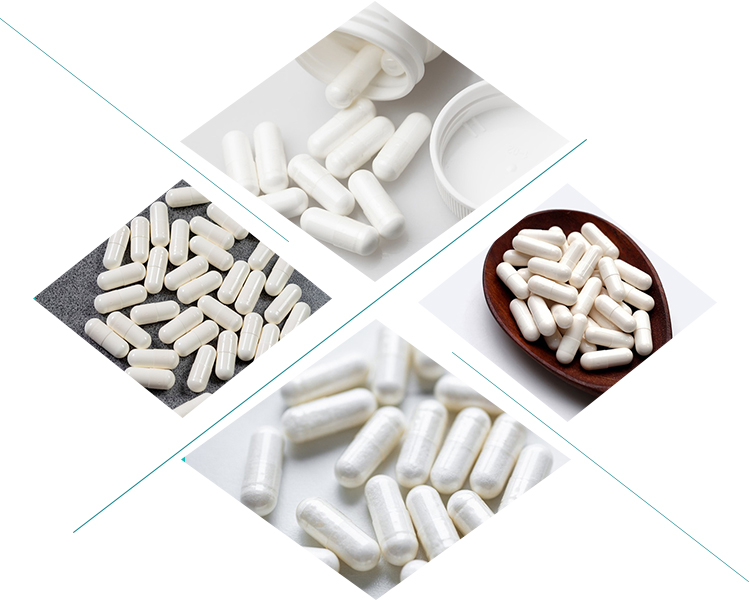Resveratrol capsules typically contain a few basic ingredients, with resveratrol being the primary active component. Resveratrol is a polyphenol compound found in various plants, particularly in the skin of red grapes, red wine, peanuts, and some berries. Here are the basic ingredients you might find in resveratrol capsules:
Resveratrol: This is the primary active ingredient, extracted from natural sources like Polygonum cuspidatum (Japanese knotweed) or grape skins. It’s the compound responsible for many of the proposed health benefits associated with resveratrol supplements.
Capsule Shell: The capsule itself is usually made of gelatin or a vegetarian alternative like cellulose. Gelatin capsules are typically derived from animal sources, while cellulose capsules are plant-based.
Fillers: Sometimes, inert substances like rice flour, cellulose, or maltodextrin are added to fill out the capsule and ensure proper dosing.

Binders: Binders like silica or magnesium stearate may be added to help the ingredients stick together and maintain the integrity of the capsule.
Antioxidants: Some formulations may include other antioxidants like vitamin C or vitamin E to enhance the antioxidant effects of resveratrol.
Other Ingredients: Depending on the specific brand and formulation, there may be additional ingredients such as stabilizers, colorants, or preservatives.
It’s important to read the label carefully and consult with a healthcare professional if you have any concerns about the ingredients or potential interactions with other medications or supplements you may be taking.
The application of Resveratrol Capsules
Resveratrol is a natural compound found in various plants, including grapes, peanuts, and berries. It has gained attention for its potential health benefits, particularly due to its antioxidant properties. Resveratrol capsules are a popular way to consume this compound in a concentrated form. Here are some common applications of resveratrol capsules:
Antioxidant Support: Resveratrol is known for its antioxidant properties, which can help neutralize free radicals in the body. Free radicals are unstable molecules that can damage cells and contribute to aging and various diseases. By taking resveratrol capsules, individuals may support their body’s defense against oxidative stress.
Heart Health: Resveratrol has been studied for its potential benefits for heart health. It may help improve cardiovascular function by reducing inflammation, lowering blood pressure, and improving circulation. Some research suggests that resveratrol may also help lower LDL (“bad”) cholesterol levels and prevent the formation of blood clots.
Anti-Inflammatory Effects: Resveratrol exhibits anti-inflammatory properties, which may help reduce inflammation throughout the body. Chronic inflammation is linked to various health problems, including heart disease, diabetes, and certain types of cancer. By reducing inflammation, resveratrol may help lower the risk of these conditions.

Brain Health: There is evidence to suggest that resveratrol may have neuroprotective effects and could potentially help preserve cognitive function and reduce the risk of neurodegenerative diseases such as Alzheimer’s and Parkinson’s disease. Resveratrol may protect brain cells from damage and promote their survival.
Anti-Aging: Resveratrol has been studied for its potential anti-aging effects. It may activate genes associated with longevity and improve cellular function, leading to healthier aging. Some research suggests that resveratrol may mimic the effects of caloric restriction, a dietary intervention known to extend lifespan in various organisms.
Cancer Prevention: Some studies have investigated the potential of resveratrol in cancer prevention. It may inhibit the growth of cancer cells, prevent the spread of tumors, and induce apoptosis (cell death) in cancer cells. However, more research is needed to determine its effectiveness in humans and its potential role in cancer treatment.
It’s important to note that while resveratrol shows promise in various areas of health, more research is needed to fully understand its effects and optimal dosage. Additionally, individuals should consult with a healthcare professional before starting any new supplement regimen, especially if they have underlying health conditions or are taking medications.
